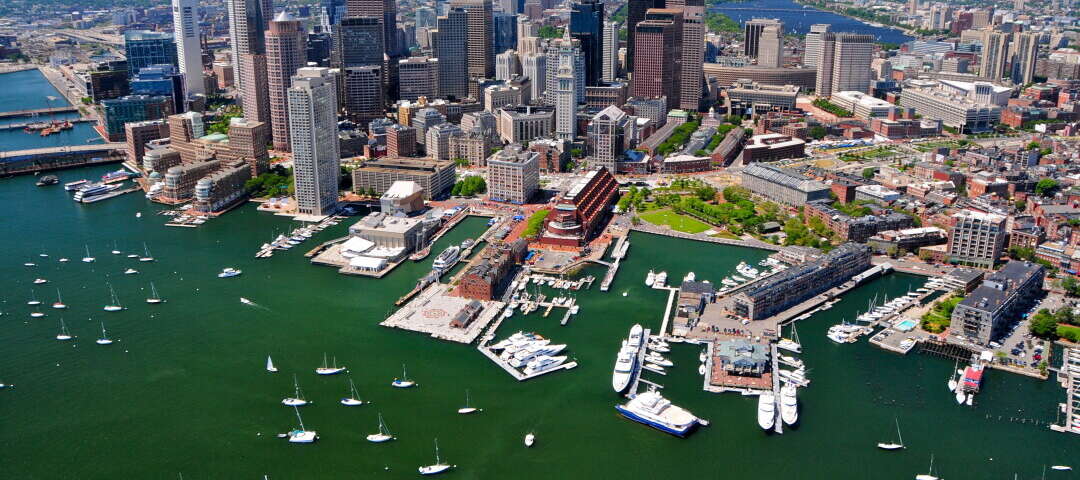Chinatown’s proximity to Downtown Boston is a huge perk for anyone moving here. Just a short walk or quick ride away, residents enjoy easy access to the financial district, theaters, and shopping hubs. This close connection means you can enjoy the quiet charm and cultural richness of Chinatown while still being able to hop over to Downtown for work, entertainment, or errands. Public transportation options like the MBTA’s Orange and Green Lines also make commuting a breeze, making it an ideal spot for professionals and families alike who want the best of both worlds.
Living in Chinatown also means immersing yourself in a community that celebrates its heritage year-round. Aside from the fantastic dining scene, you’ll find cultural landmarks such as the Chinese Consolidated Benevolent Association and the annual Chinese New Year celebrations, which light up the streets with dragon dances and fireworks. Shopping is another highlight, with markets and specialty shops offering everything from traditional herbs to unique gifts. Whether you’re seeking a culturally rich neighborhood with easy downtown access or a place that feels like a welcoming home away from home, Chinatown in Boston offers a truly special living experience.





